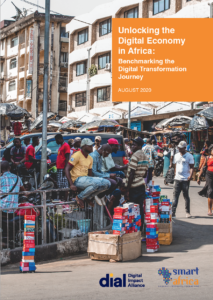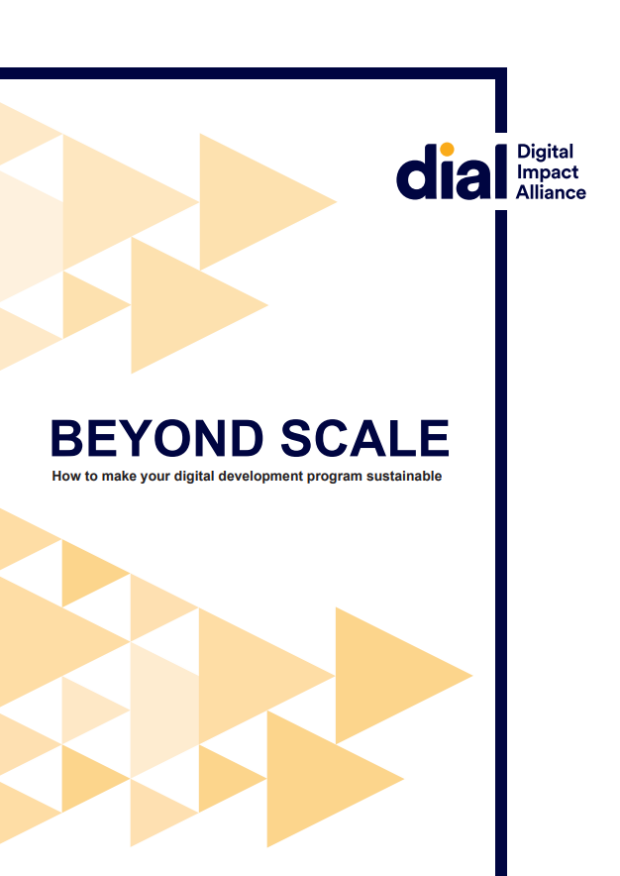This report found that despite promising movement towards the adoption and use of the blueprint and similar approaches in Africa, actual progress towards creating a digital economy is happening at a different pace across African countries.

Smart Africa and the Digital Impact Alliance organized this study to understand country progress benchmarked against the Digital Economy Blueprint for Africa. This blueprint, endorsed by the member states of the Smart Africa Alliance, is a framework for developing and achieving a digital economy. Pioneered by the government of Kenya, the blueprint highlights five pillars as a foundation for creating a digital economy and underscores the need for countries to adopt user-centric and whole-of government processes in promoting outcomes for the whole-of-society.
After reaching out to member states within the Smart Africa network, 10 countries responded and expressed formal interest in such a benchmarking assessment. They include Angola, Benin, Burkina Faso, Côte d’Ivoire, Gabon, Ghana, Kenya, Niger, Senegal, and Sierra Leone. The goals of the benchmarking study were to understand the progress these countries have made and the challenges they face in unlocking the digital economy, identify the status of their ICT strategies and plans, provide high-level guidance and recommendations to Smart Africa, and provide conclusions about best practices and common learnings. A specific focus was also put on the role of digital government in driving the transformation of the economy.
This report found that despite promising movement towards the adoption and use of the blueprint and similar approaches in Africa, actual progress towards creating a digital economy is happening at a different pace across African countries. There are variations in how countries define and promote digital transformation and the creation of a digital economy, as well as varying areas of prioritization and degrees of success in key strategic areas at the country level. It is therefore important to understand the various challenges faced by countries in their digital transformation journeys, as well as the best practices used and lessons they have learned along the way.




